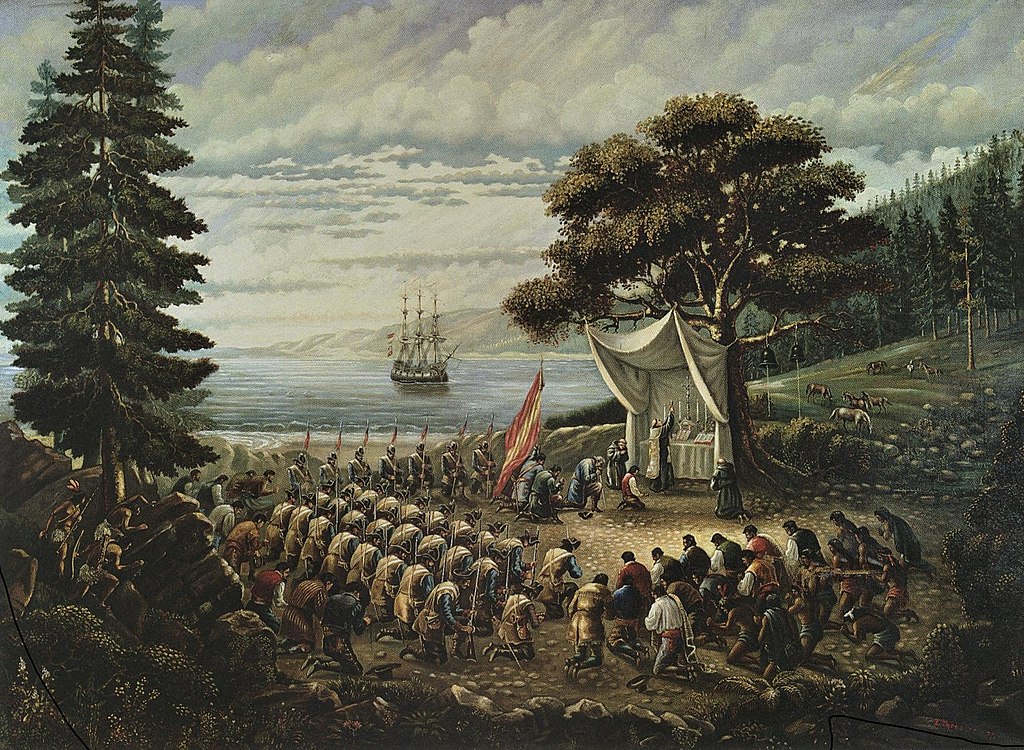
“As tensions escalated, the Union risked a two-front war: one against the Confederacy and another with Britain, the world’s preeminent naval power.”
THE Trent Affair of 1861 was a brief but intense diplomatic conflict between the United States and Great Britain, sparked during the early months of the American Civil War. Despite ultimately having little impact on the outcome of the conflict, the crisis very nearly drew Britain into the fight on the side of the Confederacy, which could have drastically altered the course of American history.
In the early stages of the Civil War, the Confederate States of America sought recognition and support from European powers, especially Britain and France. Understanding the critical nature of foreign alliances, Confederate President Jefferson Davis appointed James Mason and John Slidell as envoys to England and France, respectively, to plead their case. On November 7, 1861, the two diplomats boarded the British mail steamer Trent, intending to cross the Atlantic and make their case for formal recognition of the Confederacy.
However, as the Trent sailed through Bahamian waters, it encountered the USS San Jacinto, a Union warship commanded by Captain Charles Wilkes, a 63-year-old navy officer and former explorer. Acting on his own initiative, Wilkes ordered the boarding of the Trent. Mason and Slidell were removed as prisoners, in what Wilkes deemed a necessary act to disrupt Confederate diplomacy.
This bold move was met with outrage in the United Kingdom, where the seizure of passengers from a neutral British ship was considered a blatant violation of international law and an affront to the country’s sovereignty.
London’s response was swift and severe. Incensed by what it saw as an insult to its honour and neutrality, Britain demanded the immediate release of Mason and Slidell, along with an apology from the United States. To underscore its outrage, Her Majesty’s Government mobilized troops in its colonies in Canada, dispatching an additional 11,000 soldiers, readying its navy, and cutting off crucial shipments of war materials, such as saltpeter, needed by the Union for gunpowder. As tensions escalated, the Union risked a two-front war: one against the Confederacy and another with Britain, the world’s preeminent naval power.
Back in the United States, reaction to Wilkes’s actions was mixed. Many Northerners celebrated the capture of Mason and Slidell, viewing it as a blow to the Confederacy. Newspapers declared the act a victory, and Congress even praised Wilkes. However, not everyone was as enthusiastic. President Abraham Lincoln and Secretary of State William Seward were acutely aware of the potential consequences of the Trent affair. Lincoln famously commented, “One war at a time,” underscoring his recognition of the need to avoid a costly and dangerous war with Britain.

In Britain, leaders including Prime Minister Lord Palmerston and Foreign Secretary Lord Russell faced growing public pressure to respond decisively. The crisis peaked in late December, with Palmerston’s government preparing for potential hostilities. British officials drafted a stern ultimatum, demanding the release of the Confederate envoys and the formal repudiation of Wilkes’s actions. With Britain mobilizing troops and reinforcing its naval presence in the Atlantic, the United States could not afford to ignore the threat.
The turning point came in late December when the Lincoln administration, under Seward’s careful diplomatic maneuvering, moved to defuse the crisis. While Seward’s official response stopped short of an apology, he diplomatically acknowledged that Wilkes had acted without explicit orders and agreed to release Mason and Slidell. The envoys were freed and resumed their journey to Europe, though they ultimately failed to secure formal support for the Confederacy. The United States averted a war with Britain, maintaining a fragile peace and allowing the Union to focus its resources on defeating the Confederacy.

In the end, the Trent affair illustrated the precarious position the United States faced in balancing internal conflict with international diplomacy. With around 11,000 British troops stationed in Canada and tensions high, the crisis underscored how the Civil War was not only a domestic conflict but one with significant global stakes. Britain’s potential involvement on the Confederate side could have given the South the legitimacy and material support it desperately needed, possibly changing the outcome of the war.
Moreover, the Trent Crisis demonstrated the skillful diplomacy of Lincoln and Seward, who recognized the value of restraint and de-escalation. Rather than react impulsively to public support for Wilkes, they considered the broader strategic picture and chose diplomacy over conflict. This move likely saved the Union from a disastrous two-front war that could have stretched its military resources beyond capacity.












